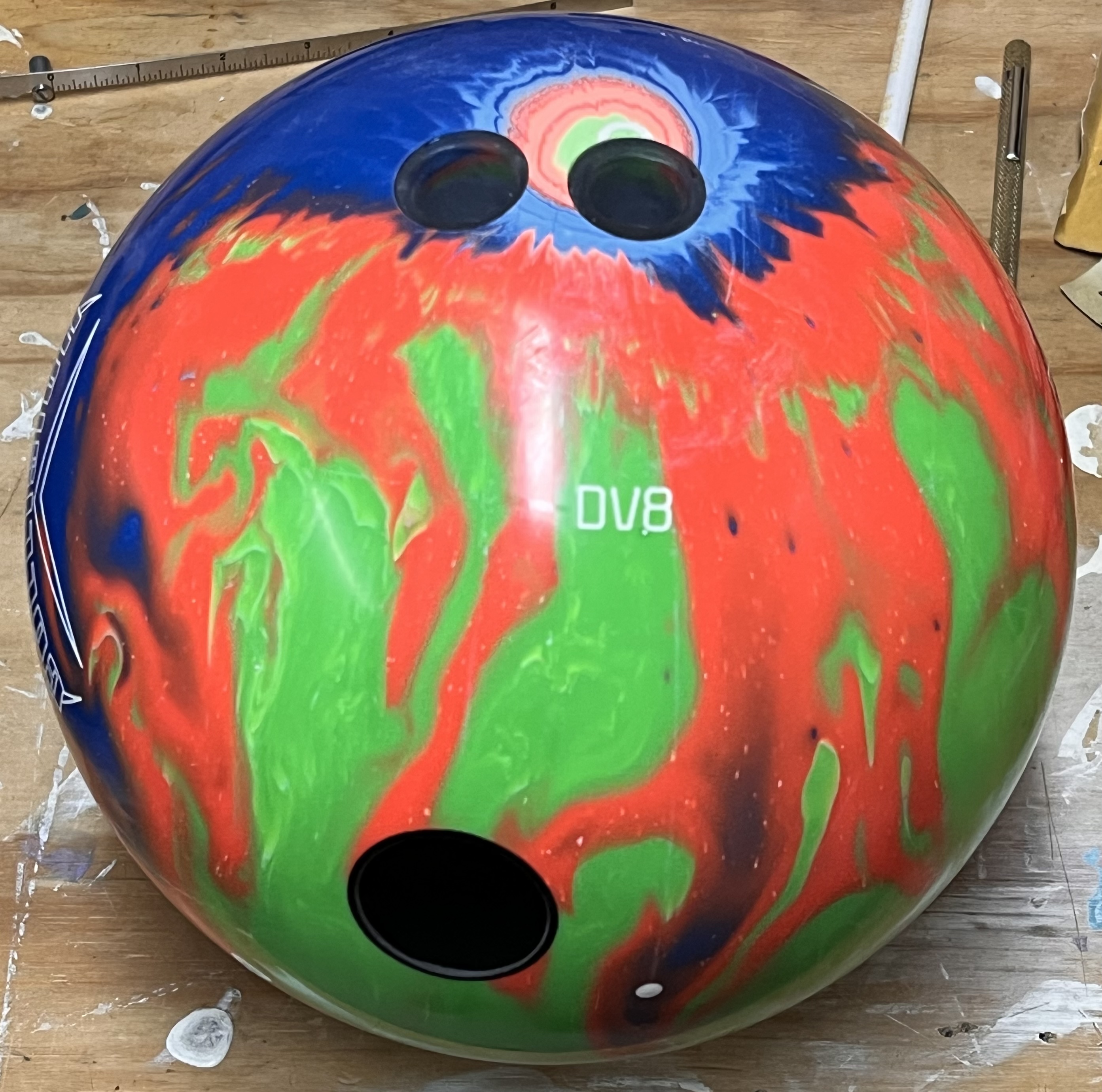HPK
Senators' Enforcer Cousins Forced Out By Brutal Knee-On-Knee Collision In Leafs Clash

Senators' Enforcer Cousins Forced Out By Brutal Knee-on-Knee Collision In Leafs Clash
A Closer Look at the Enforcer's Role In Today's NHL
On Thursday night, Ottawa Senators' enforcer Zack Cousins suffered a devastating knee-on-knee collision with Toronto Maple Leafs forward Pierre Engvall in a pre-season tilt. The injury occurred in the second half of a typically physical game between two bitter rivals. Cousins, known for his willingness to engage in fisticuffs and protect his teammates, left the game and will be out indefinitely.
The incident has sparked a debate about the role of enforcers in today's NHL. Some argue that enforcers are no longer necessary in a game that has become increasingly skilled and fast-paced. Others believe that enforcers still have a place in the league, providing a physical presence and deterrence to dirty play.
The Case Against Enforcers
There are several arguments against the continued use of enforcers in the NHL.
- They are a danger to themselves and others: Enforcers are more likely to suffer serious injuries than other players. They are also more likely to inflict serious injuries on opponents, as evidenced by Cousins' injury.
- They are not necessary: The NHL has become a much more skilled and fast-paced game in recent years. Enforcers are no longer needed to protect star players from being run over by opposing forwards.
- They are a waste of money: Enforcers are typically paid millions of dollars to sit on the bench and fight occasionally. This money could be better spent on skilled players who can contribute more to the team's success.
The Case for Enforcers
Despite the arguments against enforcers, there are still some who believe that they have a place in the NHL.
- They provide a physical presence: Enforcers can intimidate opponents and make them less likely to engage in dirty play. They can also provide a spark for their team by dropping the gloves and fighting.
- They protect teammates: Enforcers are willing to fight to protect their teammates, even if it means putting themselves in harm's way.
- They can help win games: While enforcers may not contribute much offensively or defensively, they can help their team win games by creating chaos and disrupting the opposition's flow.
Conclusion
The debate over the role of enforcers in the NHL is a complex one with no easy answers. There are valid arguments on both sides of the issue. Ultimately, it is up to each individual fan to decide whether or not they believe enforcers have a place in the game.
In the case of Zack Cousins, his injury is a reminder of the dangers that enforcers face. It is also a reminder that the role of enforcers in the NHL is constantly evolving. As the game continues to change, so too will the role of the enforcer.
Additional Perspectives
In addition to the arguments presented above, there are a number of other perspectives on the role of enforcers in the NHL.
- Some believe that enforcers are a necessary evil: They argue that enforcers are needed to deter dirty play and protect star players. However, they also acknowledge that enforcers can be a danger to themselves and others.
- Others believe that enforcers are a dying breed: They argue that the NHL is becoming a more skilled and fast-paced game, and that enforcers are no longer needed. They believe that the league would be better off without them.
- Still others believe that the role of enforcers is changing: They argue that enforcers are no longer just fighters. They are now expected to be able to play a regular shift and contribute to the team's success in other ways.
Data Points
The following data points provide some insights into the role of enforcers in the NHL:
- According to a study by the University of Toronto, enforcers are more likely to suffer serious injuries than other players.
- A study by the NHL found that enforcers are more likely to be suspended for violent play than other players.
- A study by the University of Calgary found that enforcers are less likely to be drafted into the NHL than other players.
Real-Life Examples
The following real-life examples illustrate the different perspectives on the role of enforcers in the NHL:
- Chris Neil: Neil is a former enforcer who played 15 seasons in the NHL. He was known for his willingness to fight and protect his teammates. Neil was a fan favorite in Ottawa, where he played for most of his career.
- Georges Laraque: Laraque is a former enforcer who played 12 seasons in the NHL. He was known for his physical presence and his outspoken personality. Laraque was a controversial figure, but he was also a respected enforcer.
- John Scott: Scott is a former enforcer who played 11 seasons in the NHL. He was known for his size and his fighting ability. Scott was voted into the 2016 NHL All-Star Game by the fans, despite being a fourth-line player.
Reflection on the Broader Implications
The debate over the role of enforcers in the NHL is a reflection of the broader changes that are taking place in the game. The NHL is becoming a more skilled and fast-paced game, and the role of the enforcer is evolving. It is possible that enforcers will eventually disappear from the NHL, but they will always be a part of the game's history.
